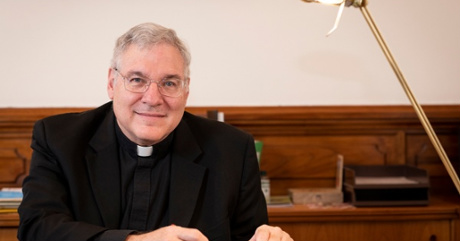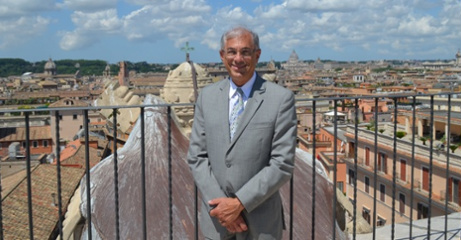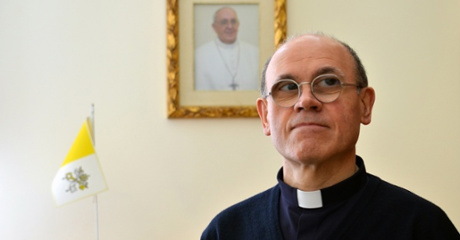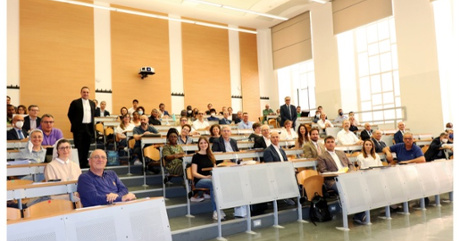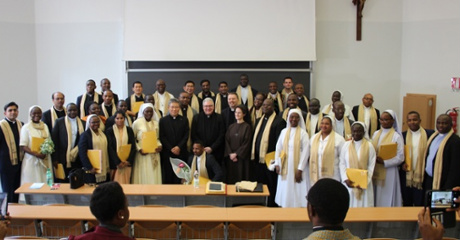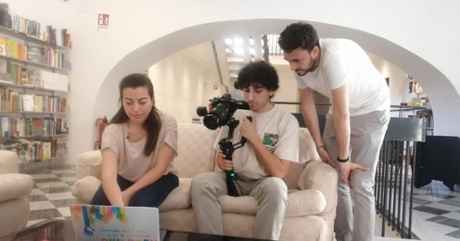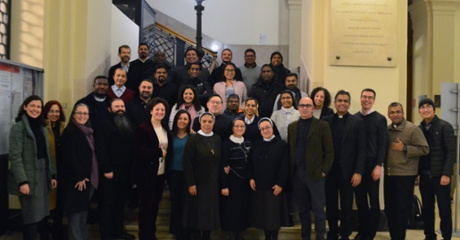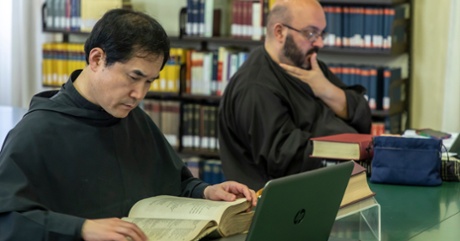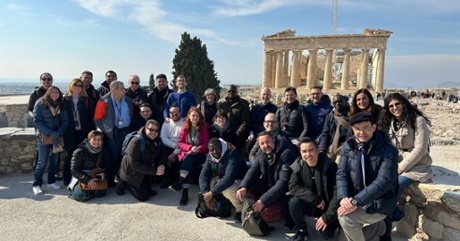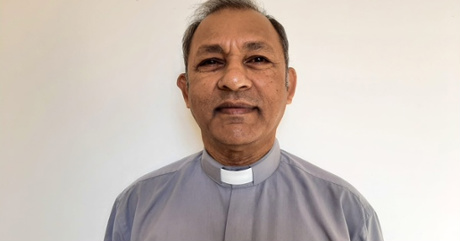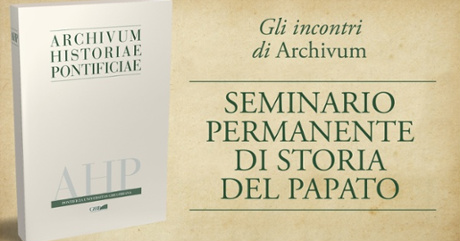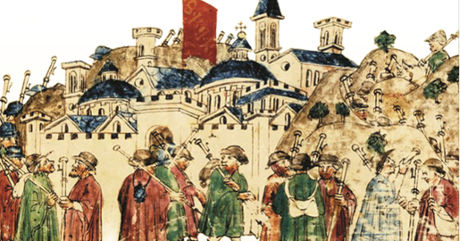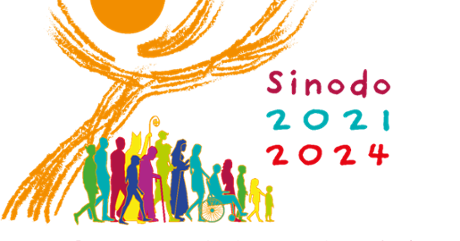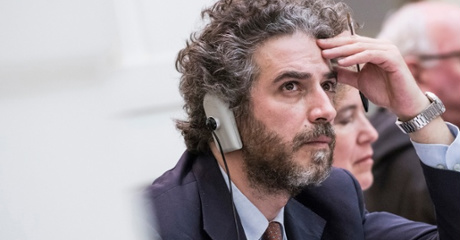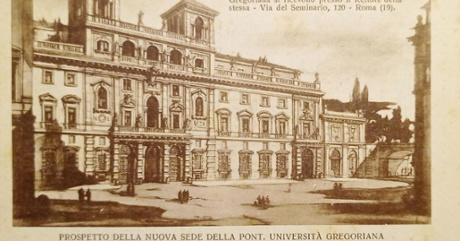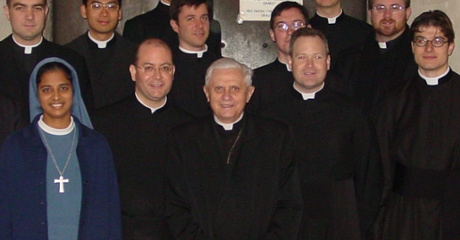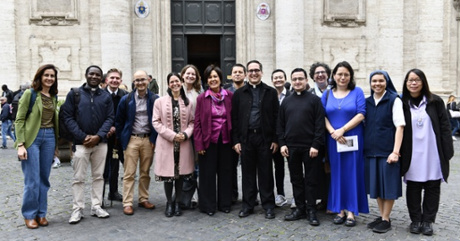Our Strategic Plan: improving the quality of our mission
- by Mark A. Lewis, S.J. | Rector of the Pontifical Gregorian University
The University’s Strategic Plan anticipates and plans the future of our community, it shows us the path to take to get to where we want to be in five years. We all have an important role in its implementation: ours is a living, vital and creative community. The goal is to remain faithful to our mission, with the hope of improving and enriching it within the university, the Church and the world.
Read more

